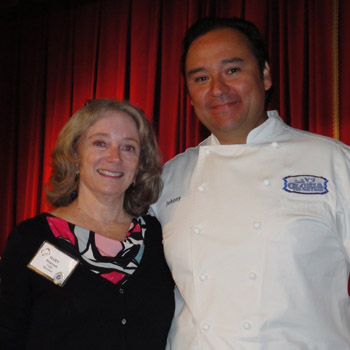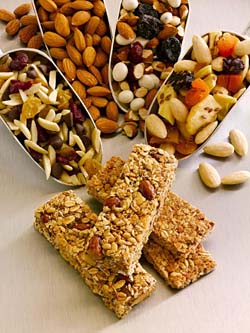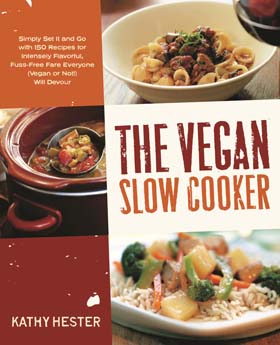Guest Speaker: If You Want Something, Ask for It
Tuesday, 24 July 2012 11:52
 Chef Johnny Hernandez inspires foodservice educators at the 2012 CAFÉ Leadership Conference in San Antonio.
Chef Johnny Hernandez inspires foodservice educators at the 2012 CAFÉ Leadership Conference in San Antonio.
By Brent T. Frei
“Teachers and educators are some of my favorite people in the world,” said Johnny Hernandez as he began his keynote and shared his career story at the 2012 CAFÉ Leadership Conference at The Culinary Institute of America-San Antonio on June 23. “It’s our responsibility to teach.”
A successful chef, restaurateur and caterer, Hernandez told the story of his love and passion for food that began at age 5 in his father’s restaurant and at home in San Antonio’s westside neighborhood. At 9, he sold tacos from the restaurant to fellow students at school. Later, his home-economics teacher in high school accompanied Hernandez to the Marriott to ask for a cooking job.

 Based on Mintel research, as age increases, so does the likelihood that adults are maintaining a mostly healthy diet.
Based on Mintel research, as age increases, so does the likelihood that adults are maintaining a mostly healthy diet. Measuring digestibility, researchers find almonds provide 20% fewer calories than labels state. The results might have implications for other foods, as well.
Measuring digestibility, researchers find almonds provide 20% fewer calories than labels state. The results might have implications for other foods, as well. So Americans don’t cook anymore? That used to be true. The current economic climate has wrought good news for publishers of consumer cookbooks as U.S. households eat more meals at home, reports NPD.
So Americans don’t cook anymore? That used to be true. The current economic climate has wrought good news for publishers of consumer cookbooks as U.S. households eat more meals at home, reports NPD. One-third of the nation’s population 19 years old and younger is expected to be Latino by 2015. A Dallas-based pizza chain is already preparing for the slew of new customers.
One-third of the nation’s population 19 years old and younger is expected to be Latino by 2015. A Dallas-based pizza chain is already preparing for the slew of new customers.